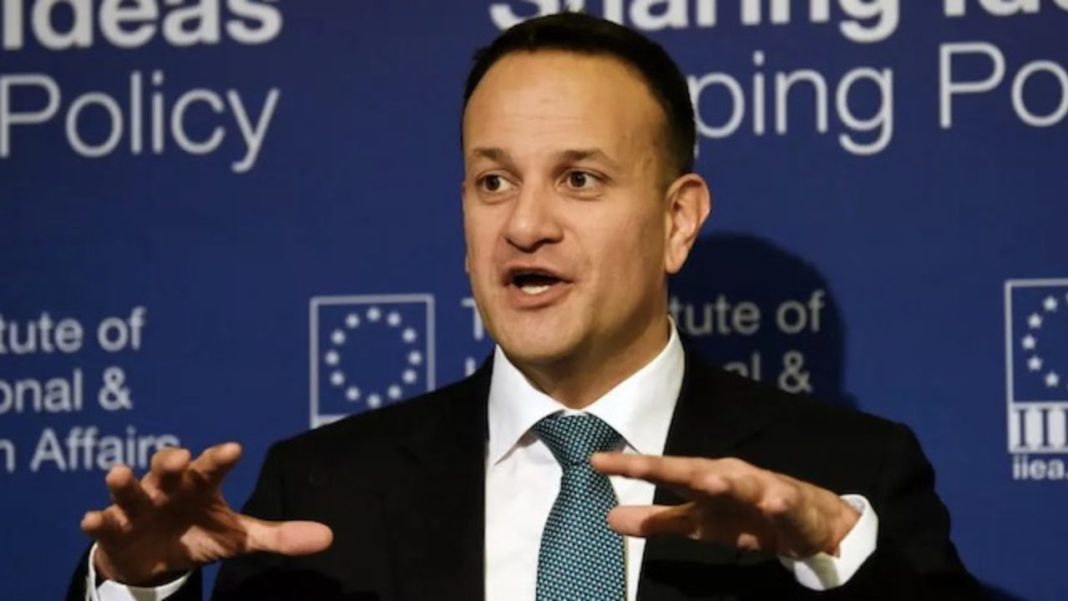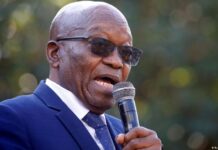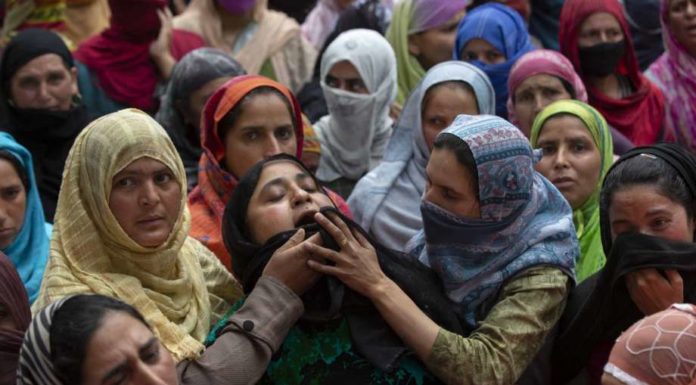Historically dominated by Fine Gael and Fianna Fail, three-way race led by Sinn Fein is new dynamic for Ireland.
The Republic of Ireland has begun voting in a general election, with Prime Minister Leo Varadkar hoping to secure a new term on the back of Brexit but voters likely to judge him more on his domestic record.
Polls opened across the country at 07:00 GMT on Saturday, with a small number of islands off the west coast voting on Friday to allow for rough seas that could disrupt the transport of ballots by boat.
Some 3.3 million people are eligible to vote to elect 159 members of the Dail, the lower chamber of Parliament in Dublin.
Varadkar’s Fine Gael party has been in power since 2016 but polling suggests they are trailing centre-right rivals Fianna Fail and republicans Sinn Fein.
On Monday, Sinn Fein – which had been the political wing of the IRA paramilitary group – was leading with 25 percent, with Fianna Fail at 23 percent and Fine Gael at 20 percent.
The groundswell of support caught Sinn Fein itself off guard after it sank to 9 percent at local elections last year.
Analysts say it may only be able to gain a few seats and retain its position as the third-largest party in Parliament.
“This election is wide open,” Varadkar said at his final campaign stop in the western town of Ennis on Friday. “It’s a three-horse race, three parties, all within shouting distance of each other.”
‘Miscalculating’ public mood
Varadkar launched his campaign after successfully helping to broker a deal cushioning Britain’s EU exit on January 31 by avoiding a hard border with British-run Northern Ireland.
An open frontier was a key requirement of the 1998 peace agreement that largely ended 30 years of violence over British rule in the north, which left more than 3,000 people dead.
Varadkar has warned voters that Brexit is “not done yet”, as London prepares for talks with Brussels to secure a longer-term trade deal in record time before the end of this year.
Failure to do so could present an “existential threat” to the Irish economy, he said.
But experts suggest he may have miscalculated the public mood with surveys indicating Brexit was a low concern among the electorate.
Other parties have hammered Fine Gael over failings in healthcare, housing and homelessness.
Varadkar acknowledged he understood that on Friday. “You want us over the next three years to focus on issues like health and housing with the same passion and intensity that we’ve focused on Brexit in the past three years,” he said.
Varadkar is Ireland’s first mixed-race and openly gay premier who has come to represent a more socially progressive country after years of dominance by the Roman Catholic church.
But, despite Brexit and landmark votes to overturn strict abortion laws and introduce same-sex marriage, some predict he could be on his way out.
“Varadkar is young, he’s gay, he looks like part of the new Ireland,” Eunan O’Halpin of Trinity College Dublin told AFP news agency.
“Yet his personal popularity appears to have dipped, and that of his party has dipped very significantly.”
Negotiations
Polls close at 22:00 GMT on Saturday and will be followed immediately by an exit poll giving the first indication of the outcome. Counting begins at 09:00 GMT on Sunday with some results expected from the early afternoon.
A three-way race led by left-wing Sinn Fein is a new dynamic for the Republic, where governments have been historically dominated by Fine Gael and Fianna Fail.
Since 2016 Fianna Fail have propped up Fine Gael in government with a confidence and supply arrangement that could implicate them in the perceived failings of the government.
“(Young people) blame the current government and coalition of parties in government for this mess,” said O’Halpin about the housing shortage.
Despite its opinion poll lead, Sinn Fein – which wants to unite Northern Ireland with the Republic – is only fielding 42 candidates and cannot form a majority government even if they all win.
Both Varadkar and Fianna Fail leader Micheal Martin – a 59-year-old former teacher – are adamant they will not form a coalition with Sinn Fein.
On Friday, Martin said Sinn Fein, “have not cleaned themselves from their bloody past”.
“The only party who can lead an alternative government is Fianna Fail,” he said in his home city of Cork.
However, David Farrell, a professor of politics at the University College Dublin, told Reuters news agency that the election could be most pivotal for Sinn Fein, which has struck a chord with younger voters on the defining election issue: the cost and availability of housing.
“We’re seeing a version of what we’ve seen elsewhere, a growing constituency, particularly among younger voters and those who feel left behind that the neoliberal agenda has not worked for them,” said Farrell.
“The gains Sinn Fein are making are consistent with what we’re seeing in other democracies.”
“We just need change in Ireland, it’s very obvious,” said Eilis Wall, a 40-year-old preschool owner who travelled 200km (125 miles) to Dublin from the western county of Clare on Wednesday to join thousands of childcare workers calling for better state funding.
“Fine Gael have really let us down and Fianna Fail were worse before that. I’m voting for change,” she told Reuters news agency, adding that meant switching to Sinn Fein from Fine Gael.













![Hotstar Premium Cookies 2019 [*100% Working & Daily Updated*] Hotstar Premium Cookies 2019 [*100% Working & Daily Updated*]](https://tahav.com/wp-content/uploads/2019/11/Hotstar-Premium-Cookies-Free-100x70.jpg)



